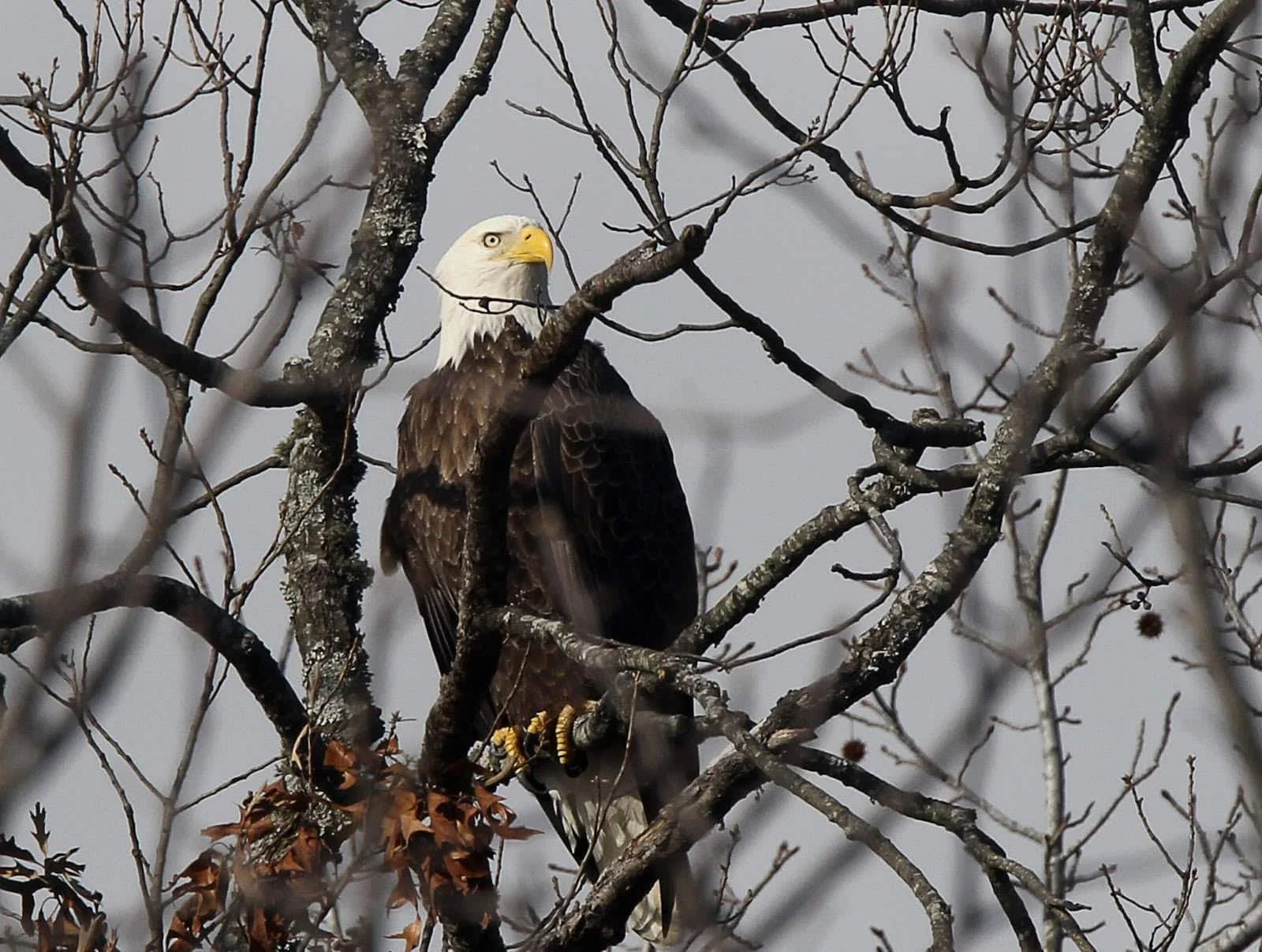“Tens of thousands of acres of wildlife habitat have been conserved in Arkansas thanks to NAWCA, which helps promote and maintain wetlands that serve as a world-class duck hunting environment. Ensuring we continue to protect and preserve it and other outdoor recreation sites not only benefits migratory bird populations and other species, it is also a sound economic investment. I’m proud to join Sen. Heinrich and our colleagues to introduce legislation reauthorizing this important program,” said Boozman.
“We owe it to our kids and grandkids to ensure they can inherit the full breadth of American wildlife and the wetlands that sustain them,” said Heinrich. “I’m proud to introduce this bipartisan legislation to bolster our nation’s most successful wetlands restoration program. By reauthorizing the North American Wetlands Conservation Act, this legislation will improve access to clean drinking water, invest in our thriving multi-billion-dollar outdoor recreation economy and conserve New Mexico’s wildlife and the habitats they depend on for future generations.”
“Louisiana’s wetlands are a big part of our state’s outdoor sportsman culture and geographical beauty. The North American Wetlands Conservation Act is an important step to preserve our wildlife and protect our environment’s natural defense system,” said Kennedy.
Wetlands secure freshwater supplies, recharge aquifers, and mitigate soil erosion and flooding. In addition, waterfowl, migratory birds, fish and other wildlife that depend on wetlands support multibillion-dollar outdoor recreation activities such as hunting, fishing, wildlife viewing, and photography. NAWCA funding has been critical to acquiring, restoring and enhancing this habitat in all 50 states, Canada and Mexico. In total, more than 3,300 NAWCA projects have contributed to the conservation and restoration of more than 32 million acres of habitat all across North America.
NAWCA has provided a great return on investment, generating on average two additional dollars for every federal dollar. Over the program’s history, federal grants totaling more than $2.1 billion have spurred $4.3 billion for NAWCA projects through matching funds. NAWCA funds have also supported an average of 7,500 jobs each year and more than $5 billion in annual economic activity.
The legislation was cosponsored by U.S. Senators Chris Coons (D-DE), Thom Tillis (R-NC), Debbie Stabenow (D-MI), Susan Collins (R-ME), Ben Cardin (D-MD), Amy Klobuchar (D-MN), Mike Crapo (R-ID), Tina Smith (D-MN), Jon Tester (D-MT) and Chris Van Hollen (D-MD).
The North American Wetlands Conservation Act is endorsed by Delta Waterfowl, Boone and Crockett, Theodore Roosevelt Conservation Partnership, Backcountry Hunters and Anglers, Audubon, Association of Fish and Wildlife Agencies, Outdoor Industry Association, Chesapeake Bay Foundation and Restore America’s Estuaries.
“NAWCA is a foundational pillar of the North American Model of Wildlife Conservation,” said Ducks Unlimited CEO Adam Putnam. “The voluntary, incentive-based approach has conserved millions of acres of habitat for waterfowl and other wildlife while helping improve water quality and quantity and making our communities more resilient.”
“The North American Wetlands Conservation Act is one of the most cost-effective conservation investments we can make. Often matched at a rate of 3:1, this important program is a great example of how federal investments into conservation can be leveraged with private contributions to secure a significant return on investment to bolster on-the-ground conservation,” said Congressional Sportsmen’s Foundation President and CEO Jeff Crane.
“Wetlands shield against floods, help clean our drinking water and provide habitat for diverse plant and animal life. Reauthorizing the North American Wetlands Conservation Act is an opportunity for Congress to continue America's conservation legacy while sparking job creation and outdoor recreation opportunities.” said Tom Cors, Senior Legislative Director, The Nature Conservancy.
“North America’s wetlands demonstrate what is possible for people, wildlife and clean water when we make strategic, concerted investments in conserving and restoring vital habitat,” said Andrew Wilkins, Land Conservation Policy Director, National Wildlife Federation. “This reauthorization bill will help keep our commitment to wetlands conservation strong and ensure that the people and wildlife whose work, water and way of life can endure for future generations. Congress should ensure the North American Wetlands Conservation Act remains one of America’s most successful conservation programs since it first passed in 1989.”
The text of the bill is here.











